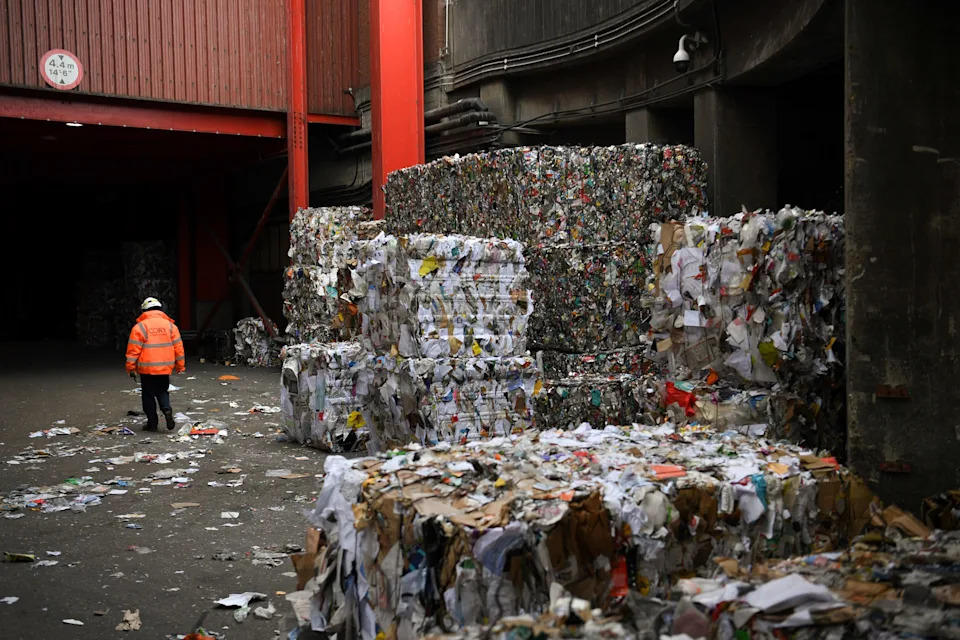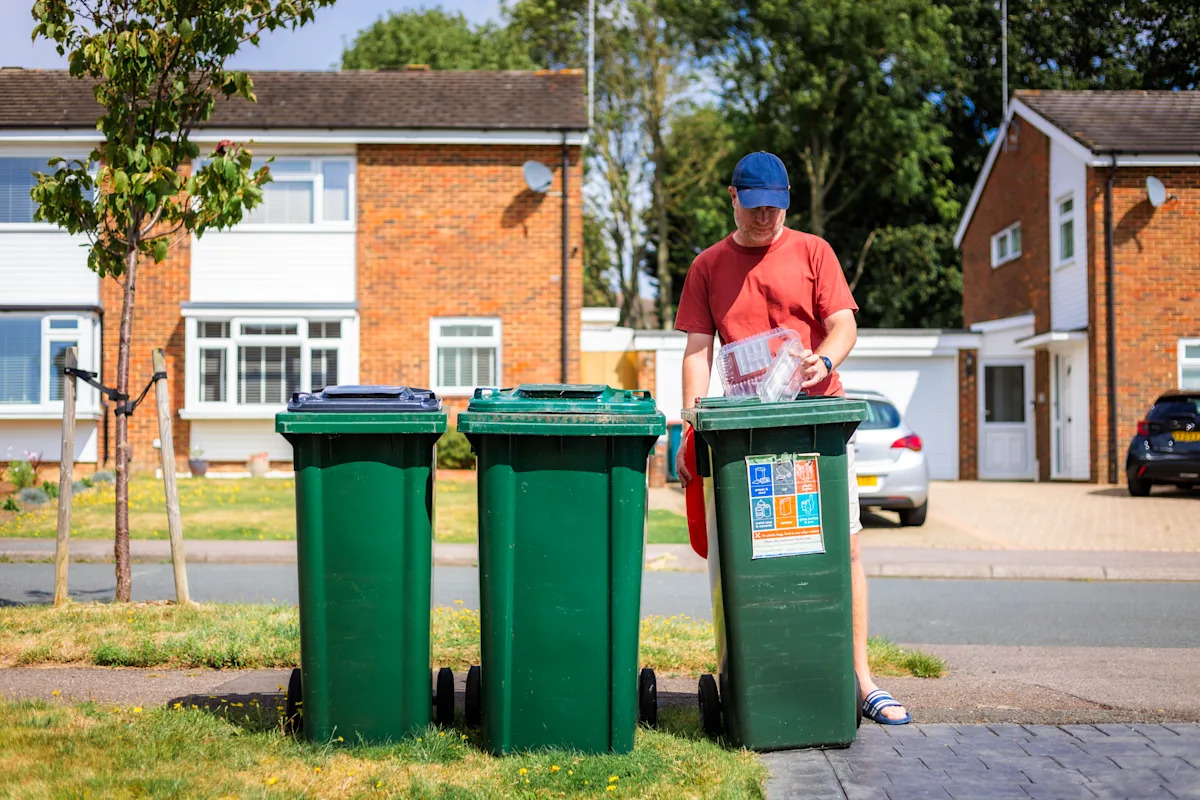Rules around so-called “flexible plastic” are set to change within the next two years in a bid to improve the UK’s “outdated” approach to recycling.
Flexible plastic is a form of soft, pliable plastic – essentially, anything that can be ‘scrunched’, such as crisp packets and chocolate wrappers. Experts say it represents more than 27% of all UK consumer plastic packaging, but only around 7% is recycled, meaning the vast majority if it is disposed of in a way that pollutes our environment.
However, the rules around recycling such plastics are set to change significantly in 2027, when the government’s Simpler Recycling scheme comes into force.
From that point, all councils in England will accept flexible plastics as part of kerbside collections for all households.
What is the problem with flexible plastics?
James Piper, recycling expert and host of the Talking Rubbish podcast, says that ignorance around such plastics is widespread – as it stands, flexible plastic should not be going anywhere near normal recycling bins.
“It needs to be collected separately,” he told Yahoo News. “Flexibles are a bit weird because they tend to clog up recycling machinery. So recyclers want them to be separated. If you try to put them in with your normal plastic, they’re very difficult to sort.”
Read more: The big plastic recycling changes coming to England’s bins in 2027
The problem is that such plastics look and act like paper, which make them difficult to sort automatically in recycling facilities.
“So recyclers are set up to sort things based on look, size, shape – they use magnets to get steel and air jets to get paper out,” says Piper.
“The problem is that flexible plastics act and look like paper. So they’re going to do one of two things: clog up plastic recycling machinery, because they’re not meant to be there, or they’re going to behave like paper.”
What is changing in 2027?
The big change is that from March 2027 flexible plastic such as films and bags, wrappers, zip-lock pouches, sachets and bread bags will be recycled.
Advancements at sorting facilities will improve the ability to separate and process plastics, Piper explains.
Flexible plastics refer to packaging which flex easily, which can be made of both single and multiple layers of materials, according to the Department for Environment, Food and Rural Affairs (Defra).
Adam Herriott, senior specialist at plastic environmental action group WRAP, told Yahoo News, “Flexible plastics are items like plastic bags, bread bags, wrappers and film.

Flexible plastic can be very difficult to recycle because it gets mixed up with paper. (AFP via Getty Images)
“They make up almost a quarter of all household plastic packaging in the UK. They’re lightweight, protect food, and are widely used, but they’ve historically been hard to recycle through kerbside systems with a recycling rate of around 7%.”
WRAP has worked with industry partners on the FPF FlexCollect project (the UK’s largest pilot of kerbside collection scheme) and recently launched its final report after a three-year project that helped set out a blueprint for the planned nationwide collections.
The project has shown it can work: more than 160,000 households across 10 local authorities have taken part, with high participation and low contamination rates.
Why does this matter?
Piper was one of the people who began the Flexible Plastic Fund, which funded the recent FlexCollect research.
He says that the law change in 2027 will mean that recyclers will invest in the technology to recycle flexible plastics.
For some time, people have known that such plastics can be recycled and go on to become trays, or flexible plastics or furniture without the collection, recyclers have not invested in such technology.
Read more: The plastic recycling mistakes every parent should know about
Piper says, “The recycling always follows the collection. What needs to happen is that investment to drive up recycling rate. Recyclers don’t invest heavily in new technologies unless they are collected.
“So the government is saying, hey, from 2027 we’re going to collect this, and holding to that day, it will mean recyclers go, ‘Okay, we should probably invest in this now.’
The end results will be worthwhile, says WRAP’s Herriott: “Films and flexibles are one of the last major types of household packaging not universally collected at the kerbside. Bringing them into mainstream recycling could unlock over 200,000 tonnes of additional material each year for recycling in the UK. If we want a truly circular economy, we can’t leave flexibles behind.”
Who is paying for it?
The good news for British consumers is that new laws mean that they will not be paying for this recycling through tax.
In October 2025, Extended Producer Responsibility comes into effect, meaning that manufacturers have to cover the costs of recycling and collecting packaging.
This means that councils will be paid by plastics companies, effectively, to collect plastic which is then bought by recyclers.
This shifts the financial burden away from councils and taxpayers.
